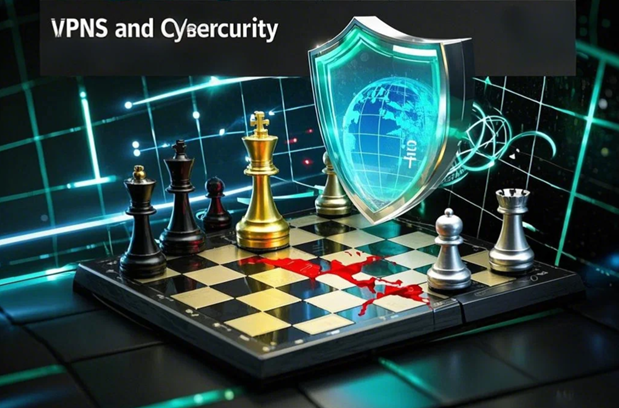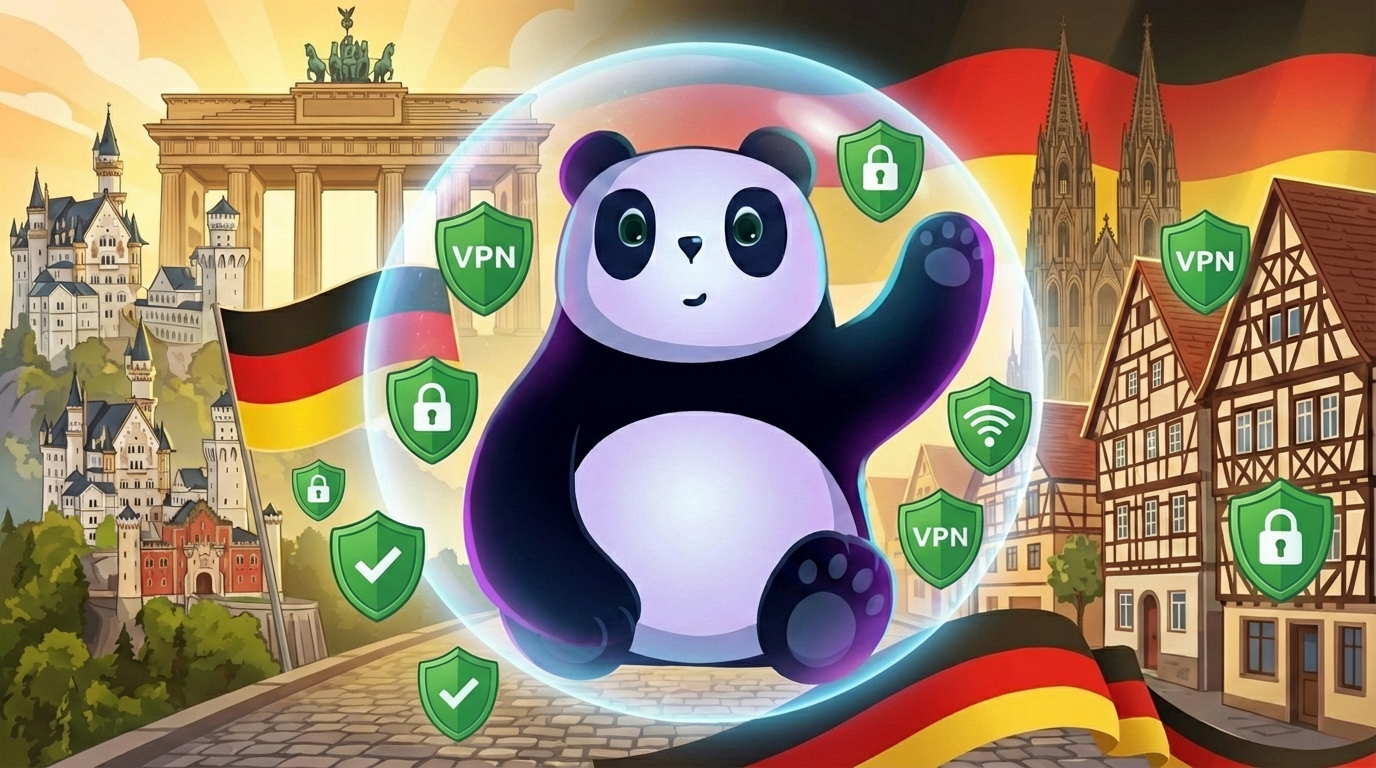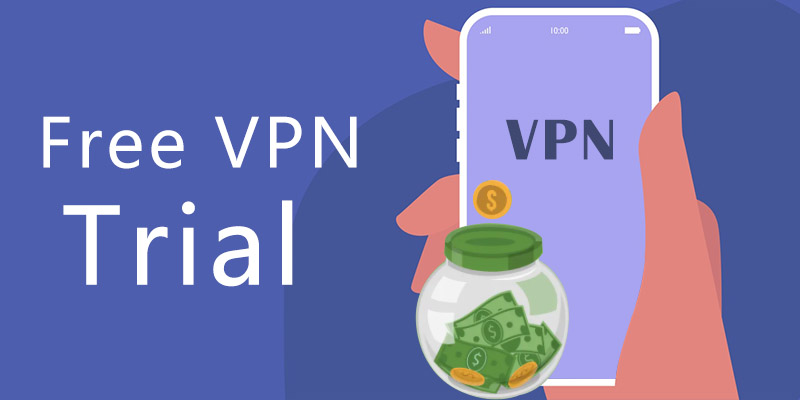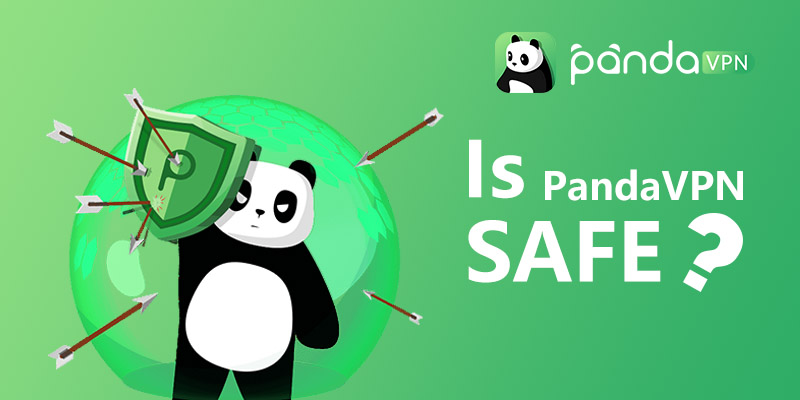“VPNs in U.S.-Russia Talks: Ukraine Conflict’s Digital Impact”

The Intersection of U.S.-Russia Negotiations and VPNs in the Context of the Ukraine Conflict: A Deep Dive into Technology, Information Warfare, and Global Cybersecurity
Since the outbreak of the Russia-Ukraine conflict in February 2022, the geopolitical crisis has not only reshaped the security landscape of Europe but also profoundly impacted the global internet ecosystem. Amid this conflict, Virtual Private Networks (VPNs) have emerged as a critical tool, playing a pivotal role in information warfare and cybersecurity. As U.S.-Russia negotiations unfold, the use and regulation of VPNs have become a significant point of contention, highlighting their strategic importance in the ongoing geopolitical struggle. This article explores the deep connection between U.S.-Russia negotiations and VPNs through the lenses of technology, information warfare, and cybersecurity.

VPNs: A Double-Edged Sword in Information Warfare

The Russia-Ukraine conflict has seen information warfare become a central battleground. Russia has sought to control domestic narratives by blocking social media platforms and restricting access to news websites, while Ukraine and its Western allies have leveraged VPN technology to bypass these restrictions and disseminate anti-war messages to Russian citizens.
1. Ukraine’s Digital Resistance
The Ukrainian government and civil society organizations have actively promoted the use of VPNs to help citizens circumvent Russian internet censorship and access international social media and news outlets. For instance, Ukraine’s Ministry of Digital Transformation launched a dedicated VPN tool, offering it free to the public. This not only ensured Ukrainians’ access to information but also became a crucial weapon in the international propaganda war.
2. Russia’s Information Iron Curtain
In response to VPN “infiltration,” Russia has intensified its internet censorship, blocking numerous VPN services and requiring domestic Internet Service Providers (ISPs) to enforce these restrictions. Additionally, Russia has developed its own VPN technology to safeguard national security while preventing the influx of external information.
In U.S.-Russia negotiations, the regulation of VPNs has become a contentious issue. The U.S. and its allies advocate for internet freedom, opposing Russia’s censorship, while Russia justifies its VPN controls as necessary for national security. This clash underscores the strategic value of VPNs in contemporary geopolitics and information warfare.
VPNs and Cybersecurity: The Technological Chess Game in U.S.-Russia Negotiations

VPNs are not only tools of information warfare but also critical components of cybersecurity. In the Russia-Ukraine conflict, both sides have used VPNs to protect critical infrastructure from cyberattacks while also potentially weaponizing the technology.
1. Cyberattacks and Defense
Since the conflict began, cyberattacks targeting critical infrastructure have surged. Ukraine has relied on VPNs to encrypt communications and secure data for its government, military, and energy facilities. Meanwhile, Russia has used VPNs to obscure the origins of its cyberattacks, evading international scrutiny. This “cat-and-mouse” dynamic has placed VPNs at the heart of cybersecurity discussions.
2. Technological Tensions in Negotiations
Cybersecurity has become a key topic in U.S.-Russia negotiations. The U.S. has demanded that Russia cease cyberattacks against Ukraine and its allies while calling for stricter regulation of VPNs to prevent their malicious use. Russia, in turn, has accused the U.S. of using VPNs for cyber espionage and has pushed for restrictions on their international use. This technological tug-of-war reflects broader disagreements over digital sovereignty and cybersecurity norms.
VPNs and Global Internet Governance: The Long-Term Impact of U.S.-Russia Negotiations

The Russia-Ukraine conflict and the ensuing U.S.-Russia negotiations have not only influenced the immediate use of VPNs but also reshaped the broader landscape of global internet governance.
1. The Acceleration of Internet Fragmentation
Russia’s crackdown on VPNs has exacerbated the fragmentation of the global internet. More countries are following Russia’s lead, imposing stricter controls on VPNs to assert “digital sovereignty.” This trend risks dividing the internet into isolated “digital islands.”
2. Innovation and Challenges in VPN Technology
The geopolitical tensions surrounding VPNs have spurred both innovation and challenges. On one hand, the demand for more secure and Hidden VPNs has driven technological advancements. On the other hand, increasing regulatory pressure has forced VPN providers to navigate the delicate balance between compliance and user privacy.
3. The Dilemma of Global Internet Governance
U.S.-Russia negotiations have exposed the deep-seated contradictions in global internet governance. The U.S.’s vision of an “open internet” clashes with Russia’s emphasis on “digital sovereignty,” with VPNs symbolizing this divide. Moving forward, finding a balance between cybersecurity and internet freedom will be a central challenge for global governance.
The Future of VPNs in U.S.-Russia Negotiations
As U.S.-Russia negotiations progress, the role of VPNs is likely to evolve in the following ways:
1. Competition Over Technical Standards
The U.S. and Russia may compete to establish global VPN standards, each seeking to dominate the future of internet governance. For example, the U.S. might advocate for more open VPN protocols, while Russia could promote its own regulated technologies.
2. The Development of International Rules
VPN regulation may become part of broader international internet governance frameworks. Organizations like the United Nations or the International Telecommunication Union (ITU) could develop rules to standardize VPN use and oversight.
3. The Strengthening of Digital Sovereignty
Regardless of the outcome of negotiations, the emphasis on digital sovereignty will intensify worldwide. VPNs, as bridges connecting the global internet, will face increasing scrutiny and regulation.
Conclusion
The Russia-Ukraine conflict is not merely a military confrontation but a comprehensive struggle in the digital age. In this conflict, VPNs have emerged as both tools of information warfare and critical components of cybersecurity. The ongoing U.S.-Russia negotiations over VPNs highlight their strategic importance, shaping not only the cybersecurity landscape of the two nations but also the future of global internet governance. As the world grapples with the dual challenges of ensuring cybersecurity and preserving internet freedom, VPNs will remain at the forefront of technological, political, and international discourse. Their role in the digital era is not just significant—it is indispensable.
 Sharon
Sharon  2025.02.20
2025.02.20 











